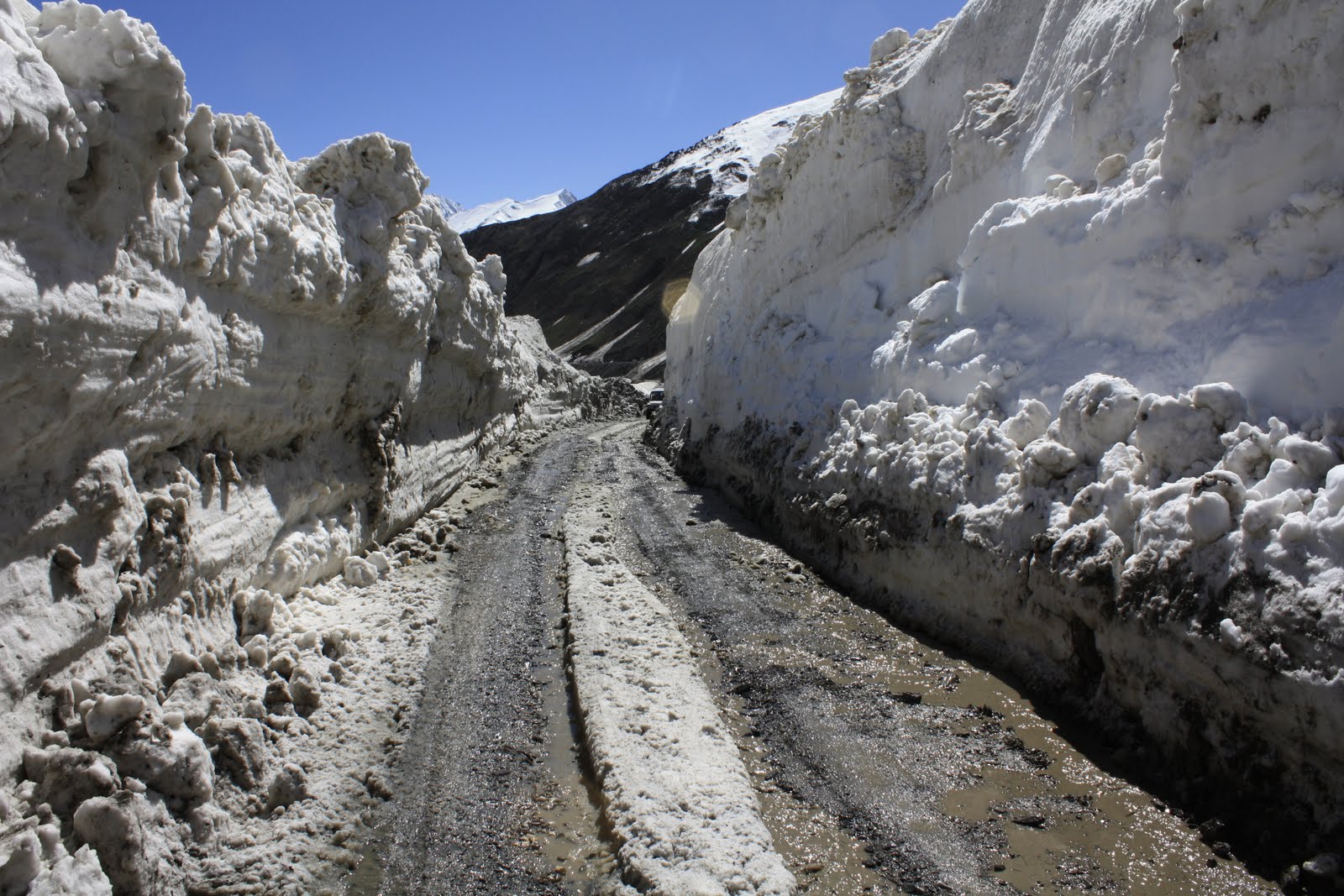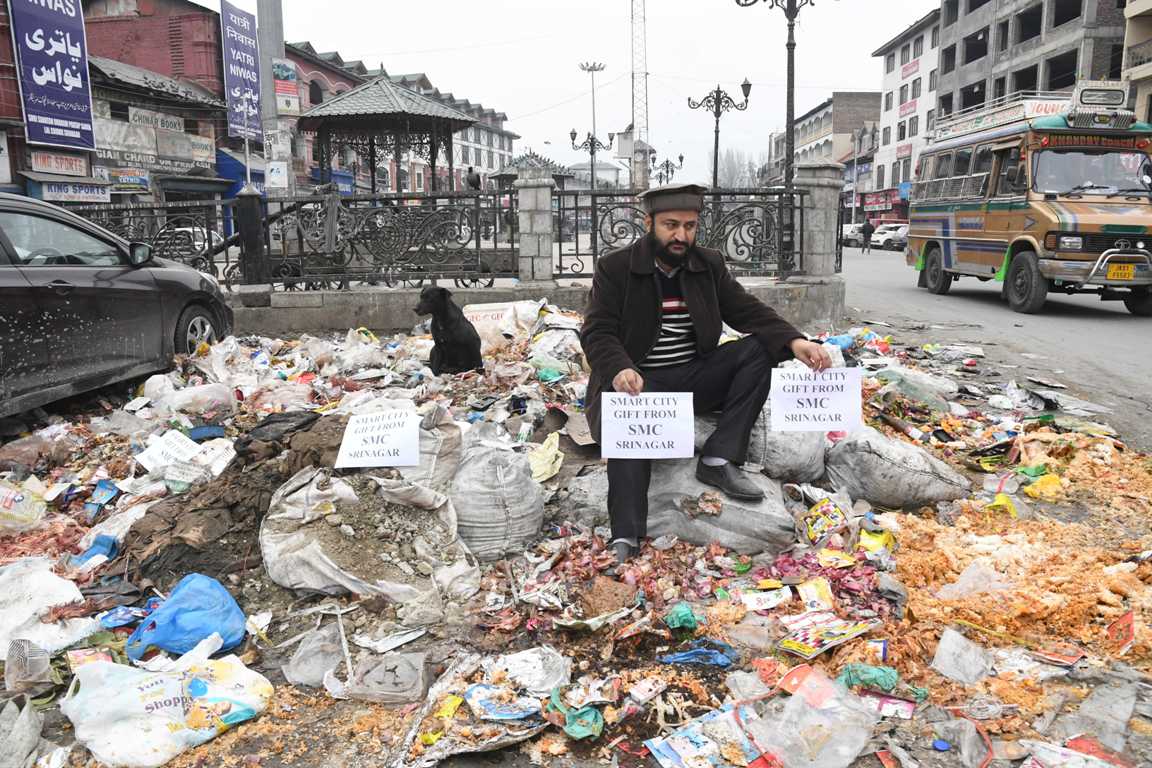by Aiman Fayaz
SRINAGAR: Gassu, a picturesque village on the outskirts of Srinagar, the city of Kashmir, is witnessing a transformation in its agricultural practices due to the impacts of climate change. Traditionally known for its sprawling paddy fields, the village over the years become synonymous with strawberry farming. However, this shift has not come without its challenges, as recent weather patterns have severely affected the strawberry yield.
Strawberry is Kashmir’s first fruit of the season but has a crisis of having a very limited shelf life. Most of it is consumed locally as there are not refrigated facilities that can transport it to bigger markets in the plains.
Over sixty per cent of Gassu’s population is engaged in strawberry farming. The village’s fields are a dense expanse of low-lying foliage, where men and women can be seen meticulously plucking strawberries hidden beneath the leaves. Typically, the strawberry harvest season spans from late April to May, but this year, torrential rains have wreaked havoc on the crops, leading to a significant decline in production.
Farmers reported a drastic reduction of up to 30 per cent in strawberry yields due to excessive rainfall. Mushtaq Ahmad, a local strawberry farm owner, shared his ordeal with Kashmir Life, explaining how the unexpected weather led to substantial financial losses.
“I had to discard crates full of strawberries into the dump yards,” he lamented. “If there had been a processing unit, we could have used the overripe fruit to make jam or extract juice. Unfortunately, we had no choice but to throw everything away.”
The call for better infrastructure is echoed by many farmers in Gassu. Shazia, who works alongside her husband in the fields, emphasised the necessity of cooling facilities. “The shelf life of strawberries after harvest is no more than three days,” she explained. “We harvest and pack the fruit on the same day because it cannot be stored for more than three days. A cooling facility is urgently needed to prevent the fruit from decaying.”
The contribution of women in strawberry farming is immense. From sowing to harvesting, they work tirelessly under the scorching sun, often accompanied by their children. “We come in groups in the morning after offering namaz and work until the sun is overhead. Our work does not end with the harvest; we then start packing the strawberries, a process that often extends into the late hours of the night,” Shazia added.
The average production from the farms typically ranges from 500 to 1000 kilograms. However, this year, excessive moisture from the rains has caused dampness and fungal infections, leading to significant crop loss. To prevent future damage, proper mulching and other preventive measures are necessary.
Despite the challenges, strawberry cultivation has become an essential part of Gassu’s economy, providing employment opportunities to locals. The valley’s climate is generally suitable for strawberry farming, and the crop’s success has been a boon to many families. However, this year’s adverse weather conditions have underscored the urgent need for infrastructure improvements to sustain the cultivation.
The farmers in Gassu have expressed a critical need for cold storage facilities to extend the strawberries’ shelf life. Without such facilities, the harvested strawberries must be transported immediately to markets, limiting their sales potential. Unlike apple growers in south Kashmir, who benefit from increased support and cold storage, strawberry farmers in Srinagar face significant challenges due to the lack of similar infrastructure. The absence of cold storage not only reduces the fruit’s shelf life to a week but also risks spoilage within a day under normal temperatures.
While Gassu’s transition from paddy to strawberry farming is a testament to the resilience and adaptability of its people in the face of climate change, they need handholding to take the sector to the next level. To ensure the sustainability of this agricultural shift, there is an urgent need for better infrastructure, including processing units and cold storage facilities. These improvements would help mitigate losses and support the thriving strawberry cultivation in the region, securing the livelihoods of many families in Gassu.















